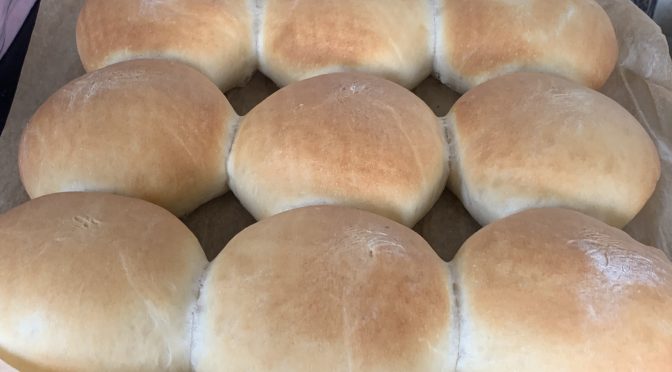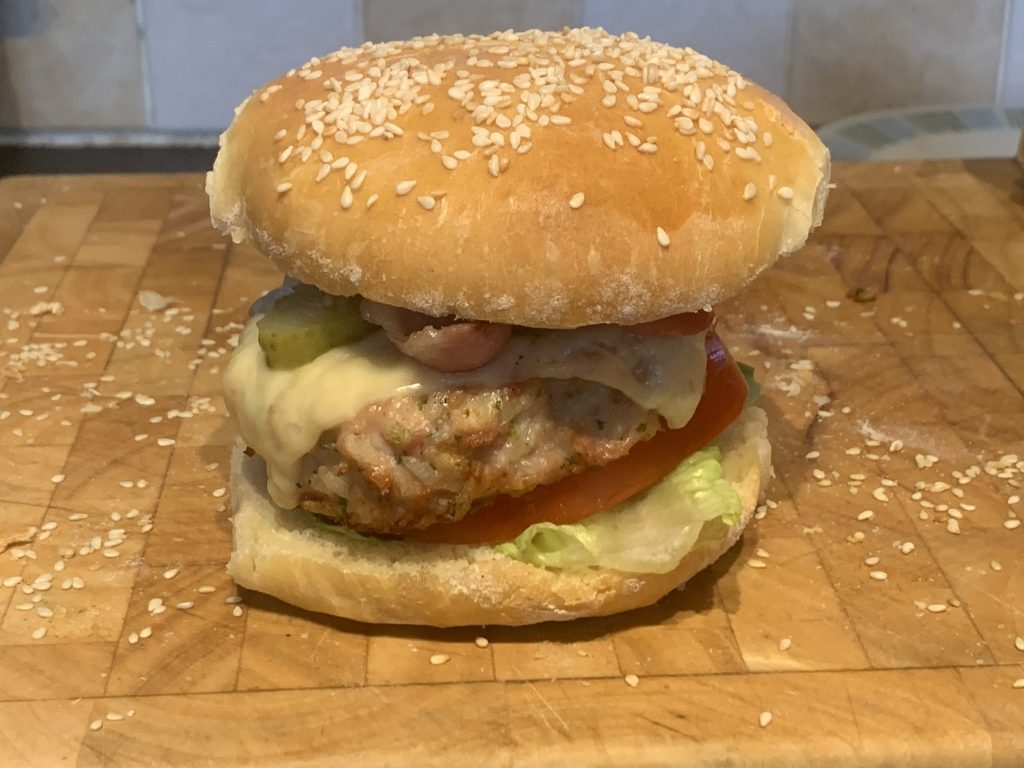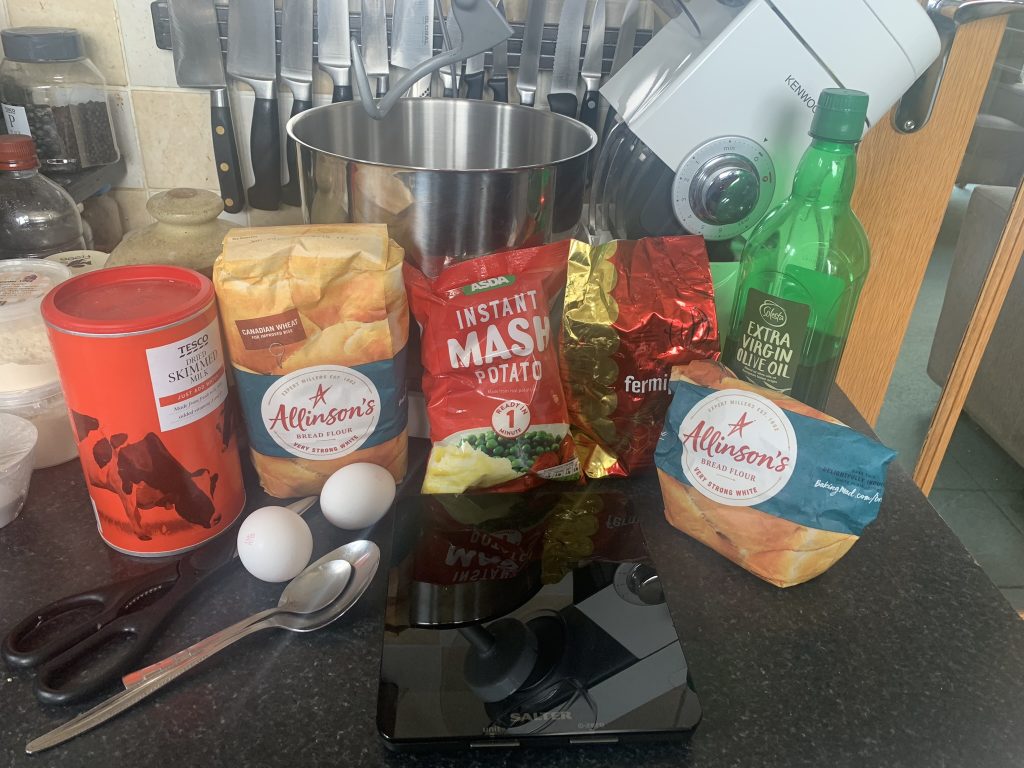When I look at Facebook barbecue groups I’m amazed at the number of people that buy ready-made BBQ rubs.
Why not? I hear you ask.
Well, if that’s the way you want to do it, far be it from me to stop you but with prices often topping £40/kg for what is primarily salt and sugar it seems to me to make sense to make your own!
It’s not difficult to produce a clone of your favourite. A good starting point is the ingredient list and any nutritional information. Ingredients are listed with the largest first. The nutritional list will give details of the amount of salt per 100gm and an idea of the amount of sugar – these often make up over half of the ingredients. When you have an idea of these, you can then estimate the others by whether they are higher or lower in the list. Paprika is frequently the next largest item. Black pepper, celery seed or salt, onion and garlic powders and chilli in some form generally make up the bulk of the remaining ingredients. As most people who like to cook will already have these in their kitchen, it makes sense to make your own rub.
One of the beauties of making your own is that it gives the opportunity to add the salt as a separate item. You can then add as much rub as you like without risking the meat being too salty.
Here’s the basic rub that we use:
3 Tablespoons Light brown sugar
3 Tablespoons Paprika powder
2 Tablespoons Ground black pepper
1½ Tablespoons Granulated onion
1½ Tablespoons Granulated garlic
2 teaspoons Ground celery seed
1 teaspoon Mustard powder
¼ teaspoon Cayenne pepper
Spoons are level measures. You may want to increase the amount of chilli (Cayenne) – my family aren’t keen on anything more than the slightest warmth.


